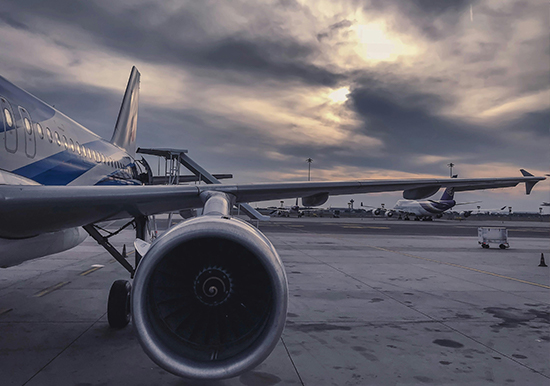The traditional international air transport to port service refers to a logistics service that transports goods from the place of origin to the port of destination by means of air transport. This service mainly involves the following links:
全国服务热线:021-57680127 | 021-57680127
在线咨询Traditional international air to port service refers to a logistics service that transports goods from the place of origin to the port of destination by air transportation. This service mainly involves the following links:
1. Receipt of goods:The owner will deliver the goods to the international air freight forwarder or airline, and the forwarder or airline is responsible for receiving the goods and related operations.
2. Issue an air waybill:According to the actual situation of the goods, the Air transport agent company or the airline company issues the Air Waybill (AWB) as the proof of the transportation of the goods.
3. Airport delivery: deliver the goods to the airport of the origin, and complete the relevant procedures at the airport, such as weighing, measuring, security inspection, etc.
4. Flight arrangement: Air transport agent company or airline company according to the weight, volume and destination of the goods, choose the appropriate flight for transportation.
5. Cargo transportation: The cargo is loaded on the flight and transported to the destination airport by plane.
6. Customs clearance at the destination airport: After the goods arrive at the destination airport, customs clearance procedures should be carried out, including the payment of customs duties, value-added tax, etc., and the review of relevant documents.
7. Airport pick-up: after the clearance of the goods, the consignees can pick up the goods at the airport with the relevant documents.
8. Value-added services: Some air freight forwarders or airlines also provide other value-added services, such as packaging, warehousing, distribution, etc.
It should be noted that the traditional international air arrival service is only responsible for transporting the goods to the destination port, and the subsequent customs clearance, pick-up and other links may need to be handled by the consignees themselves. In addition, the price of such services usually does not include duties, value-added tax and other charges, which are to be paid separately by the shipper or consignee.
